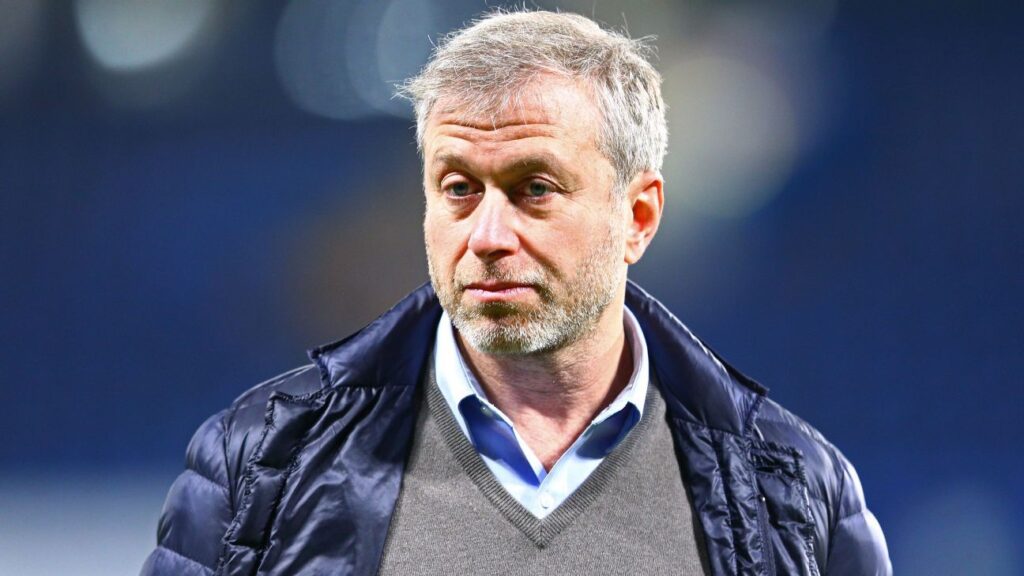UK Authorities Threaten Legal Action Over Chelsea Sale Proceeds Amid Ongoing Dispute
Introduction: The Controversy Surrounding Chelsea’s Sale Funds
The United Kingdom government has escalated its stance regarding the frozen assets from Chelsea Football Club’s recent sale, signaling potential legal proceedings against Roman Abramovich, the club’s former owner. The dispute centers on the £2.5 billion ($3.4 billion) generated from the sale, which Britain has frozen due to sanctions imposed amid geopolitical tensions involving Russia and Ukraine.
Background: Sanctions and the Sale of Chelsea
In 2022, following Russia’s invasion of Ukraine, the UK government imposed sanctions on numerous Russian oligarchs, including Abramovich, as part of a broader effort to pressure Moscow financially. These measures included freezing assets and restricting financial transactions. Abramovich, who had owned Chelsea since 2003, was among those targeted, prompting a hurried sale of the club to a consortium led by U.S. investor Todd Boehly and private equity firm Clearlake Capital in May 2022.
The sale was a significant event in football history, marking one of the most high-profile club transactions in recent years. However, the proceeds from this sale remain inaccessible, held in a British bank account under strict sanctions regulations. The UK authorities argue that these funds should be directed toward humanitarian aid in Ukraine, aligning with broader European efforts to hold Moscow accountable for the conflict.
Government’s Stance: Advocating for Humanitarian Use of Sale Proceeds
On Tuesday, British Finance Minister Rachel Reeves and International Minister David Lammy issued a joint statement emphasizing their commitment to ensuring the sale’s proceeds benefit Ukraine. They expressed frustration over the lack of agreement with Abramovich regarding the allocation of the funds and indicated readiness to escalate the matter legally if necessary.
“The government is resolute in its goal to see the proceeds from Chelsea’s sale used for humanitarian causes in Ukraine, following Russia’s illegal invasion,” the statement read. “While negotiations remain open, we are fully prepared to pursue legal action to ensure these funds are appropriately allocated.”
Legal and Diplomatic Developments
The UK government’s stance signals a potential shift toward more aggressive legal measures. A lawyer representing Abramovich in Britain declined to comment directly on the matter when contacted by Reuters. Reports from March indicated that the UK was contemplating legal action to enforce its sanctions and control over the sale proceeds.
This dispute underscores the broader geopolitical implications of asset freezes and sanctions, which often involve complex legal and diplomatic negotiations. The UK’s position reflects a desire to ensure that assets linked to sanctioned individuals are not used to benefit them or their associates, especially when such funds could support Ukraine’s ongoing humanitarian crisis.
Historical Context: Chelsea’s Rise and Sale Under Abramovich
Under Abramovich’s ownership, Chelsea experienced unprecedented success, winning numerous Premier League titles, Champions League trophies, and other major honors. The club’s transformation into a global football powerhouse was largely attributed to Abramovich’s investment and strategic management.
The sale to the Boehly-led consortium marked the end of an era, with the proceeds now caught in a legal and political tug-of-war. The frozen funds are currently held in a British bank account, inaccessible without explicit approval from the Office of Financial Sanctions Implementation (OFSI), the UK authority responsible for enforcing sanctions.
Looking Ahead: The Future of the Sale Proceeds and Abramovich’s Perspective
Roman Abramovich’s first public interview since 2006 is scheduled for release next week in a book titled Sanctioned by Gash Purewal. In this interview, Abramovich is expected to address the ongoing controversy surrounding the sale and the frozen assets, providing insight into his perspective on the sanctions and the broader geopolitical tensions.
As the UK government prepares to potentially escalate its legal efforts, the outcome of this dispute could set a precedent for how sanctioned assets are managed and allocated in the future, especially in high-profile cases involving major international sports entities.
Current Status and Broader Implications
The situation remains unresolved, with negotiations ongoing but the possibility of court action imminent. The case highlights the complex intersection of sports, international law, and geopolitics, illustrating how global conflicts can influence even the most popular and commercially successful football clubs.
In conclusion, the UK’s firm stance on directing Chelsea’s sale proceeds toward Ukraine’s humanitarian efforts underscores the broader geopolitical strategy to leverage financial sanctions as a tool for international diplomacy. The coming weeks will be critical in determining whether these funds will ultimately benefit Ukrainian victims or remain entangled in legal disputes.

